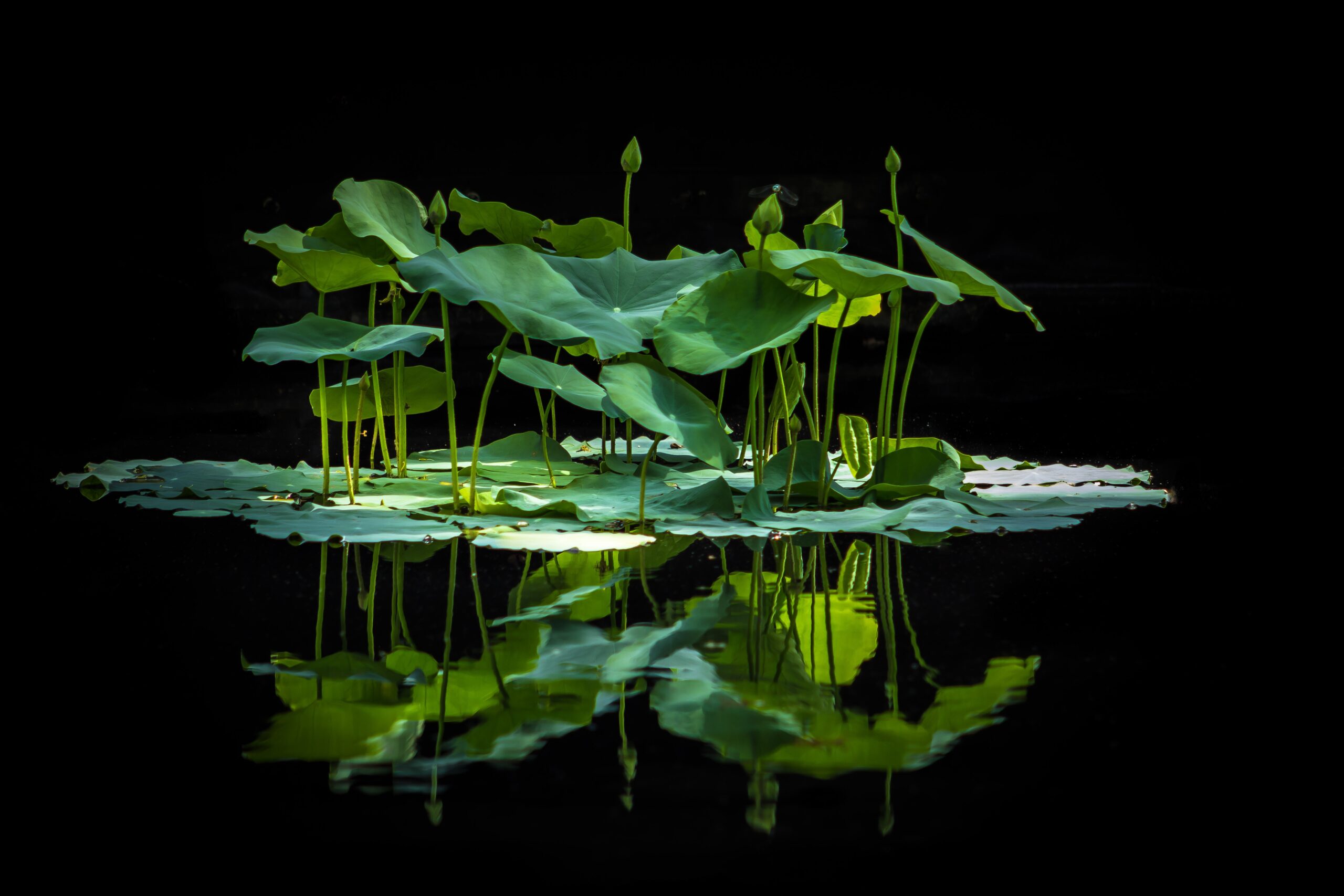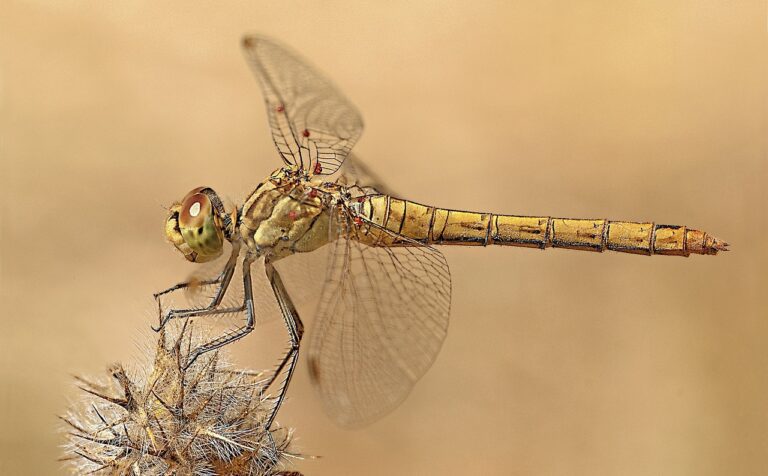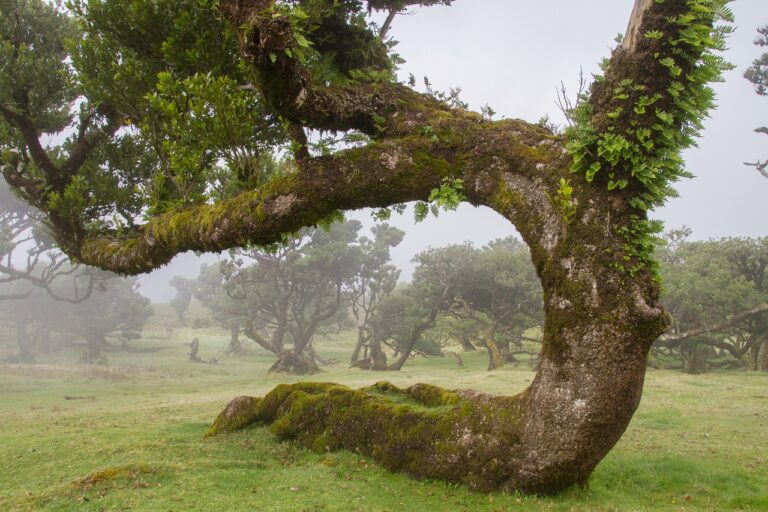This is an excerpt of an article originally published in the Spring 2023 Issue of The Arrow: A Journal of Wakeful Society, Culture & Politics. The full essay is linked below.
I recently retired from 34 years of teaching English at the University of Mississippi and, for the past dozen years, directing the Interdisciplinary Minor in Environmental Studies. One of the courses I taught, the required gateway course for the minor, was Humanities and the Environment, and I regularly ended the semester with Thích Nhất Hạnh’s The World We Have: A Buddhist Approach to Peace and Ecology. My students loved it, especially the concept of “interbeing.” Initially so foreign to many of them, it moved them deeply, for, as we discussed all semester long, interconnectedness is the bedrock of environmental consciousness.

The past few years have been hard for college students. They have had to cope with COVID, Zoom fatigue, a diminishing job market, psychological trauma, and sometimes food insecurity and real poverty. Western society generally values individual success, measured in terms of financial security and material abundance. Many parents of college students put pressure on their children to attain that kind of success. As a result, many students feel increasingly obligated to follow certain paths of study, like STEM, law, or pre-med rather than their interests, which may be oriented more toward philosophy, art, or the humanities. They worry about the future and wonder, for instance, if they will ever afford a home or raise a family.
Students who are aware of the environmental crisis also struggle against despair. Justifiably, they feel the generations before them have bequeathed them a dying planet. They want to combat environmental damage and do so in various ways. However, they know individual efforts like campus recycling are inadequate in a world of rampant materialism and consumerism. Abuse of drugs and alcohol can offer only temporary escape. Depression is widespread; eating disorders and suicide attempts are not uncommon. Many students are exhausted and wonder if life is worth living. The sense of hope, adventure, and creative possibility I used to encounter among my college students has become increasingly rare.
In light of this increasing despair, teaching became not just a matter of disseminating and discussing information but also an opportunity to work some restorative activities based on my training as a yoga instructor—like gentle yoga, yoga nidra, and walking meditation—into the curriculum. Perhaps best of all, after we had read and discussed Thay’s The World We Have, I would take my students on a voluntary field trip to Magnolia Grove Monastery. Most students knew little about Buddhism, were unaware of Thích Nhất Hạnh until we read his work, and were surprised to learn there was a Buddhist monastery in the Bible-belt South. They would sign up for the field trip in a spirit of curiosity and, in some cases, trepidation. We would leave Oxford early to arrive on time for the 5:30 a.m. meditation. Most had never seen anything like the monastery and its grounds, which are a surprise since they are so vastly different from the typical Southern working-class town of Batesville near Magnolia Grove and the farm fields that surround it. They had never seen anything like the lotus-filled pond with its little bridge leading to the serene, carved statue of Guanyin, the enormous temple bell, or the beautiful, lofty meditation hall. As my students walked from the parking area toward the hall, their voices would drop to a murmur, and their steps would begin to quiet.
Sitting still was difficult for some, but they approached the early morning meditation with curiosity and reverence. They later experienced the rituals of lining up for breakfast and eating in silence, stopping all movement and breathing quietly whenever a bell sounded, standing in a circle singing songs from little printed booklets, and walking for an hour as a group in silent meditation through the beautiful fields and trees. All these practices gradually drew my students—and me—into the unfolding of the present, far from the concerns awaiting us in our ordinary lives.
The monastery and grounds showed my Environmental Studies students what the world can look like and how beautiful it can be when people care for it with patience and environmental wisdom.
One step at a time. This one step, and then another. Breathing in, aware that I am breathing in. Breathing out, aware that I am breathing out. Such discipline is difficult for many of us who are so accustomed to rushing around, ruminating on and regretting things we cannot change in the past, and worrying about things we cannot control in the future. The unconditional love that Thay exhibited in his life and writings, and the unobtrusive warmth the monks and nuns extended toward their college visitors, are also difficult practices for many of us who learn from our dominant culture to approach the world in a spirit of competitiveness and suspicion. Our Sunday morning hours at Magnolia Grove were a time of gentleness and quiet; this time gave my students a chance to come back to the still center of themselves and breathe. They met people who dedicated their lives not to making money but to extending compassion.
Some of them were profoundly changed by reading The World We Have and visiting Magnolia Grove. One student had us sing the popular Plum Village practice song “Happiness Is All Around” into his cell phone, so he could listen to it whenever he wanted. Unlike the environmental damage shaping much of Mississippi, the monastery and grounds showed my Environmental Studies students what the world can look like and how beautiful it can be when people care for it with patience and environmental wisdom.
This is an excerpt of an article originally published in the Spring 2023 Issue of The Arrow: A Journal of Wakeful Society, Culture & Politics. Continue reading here.








